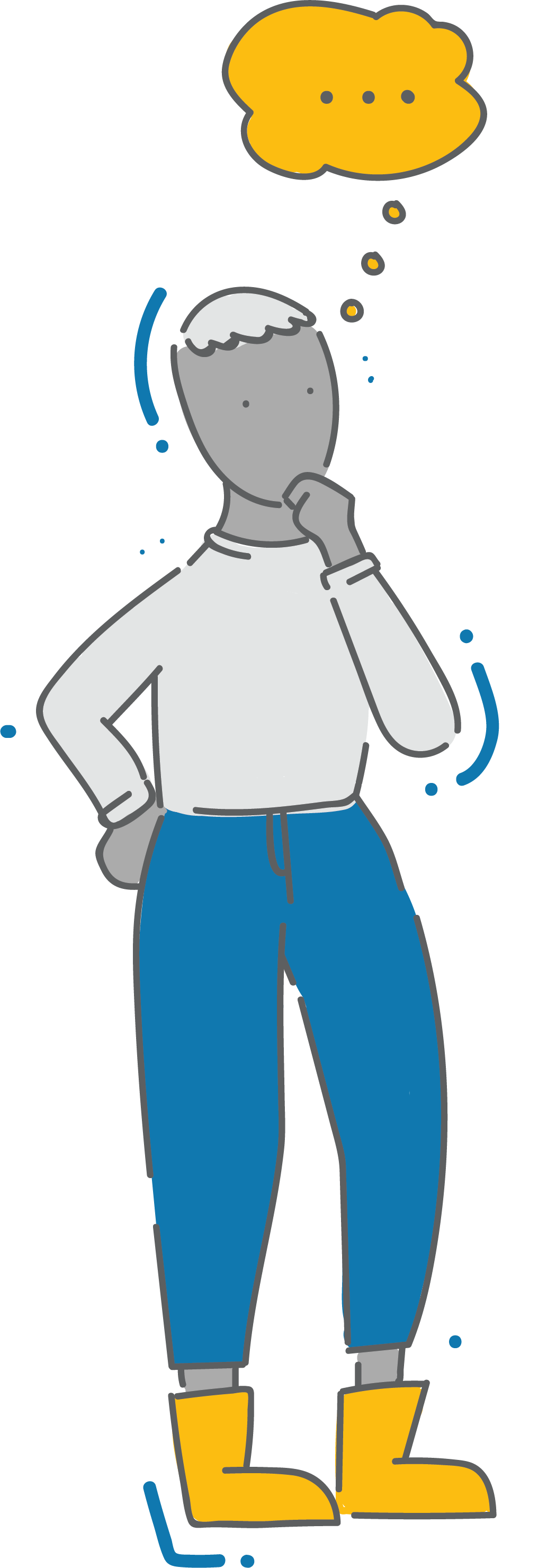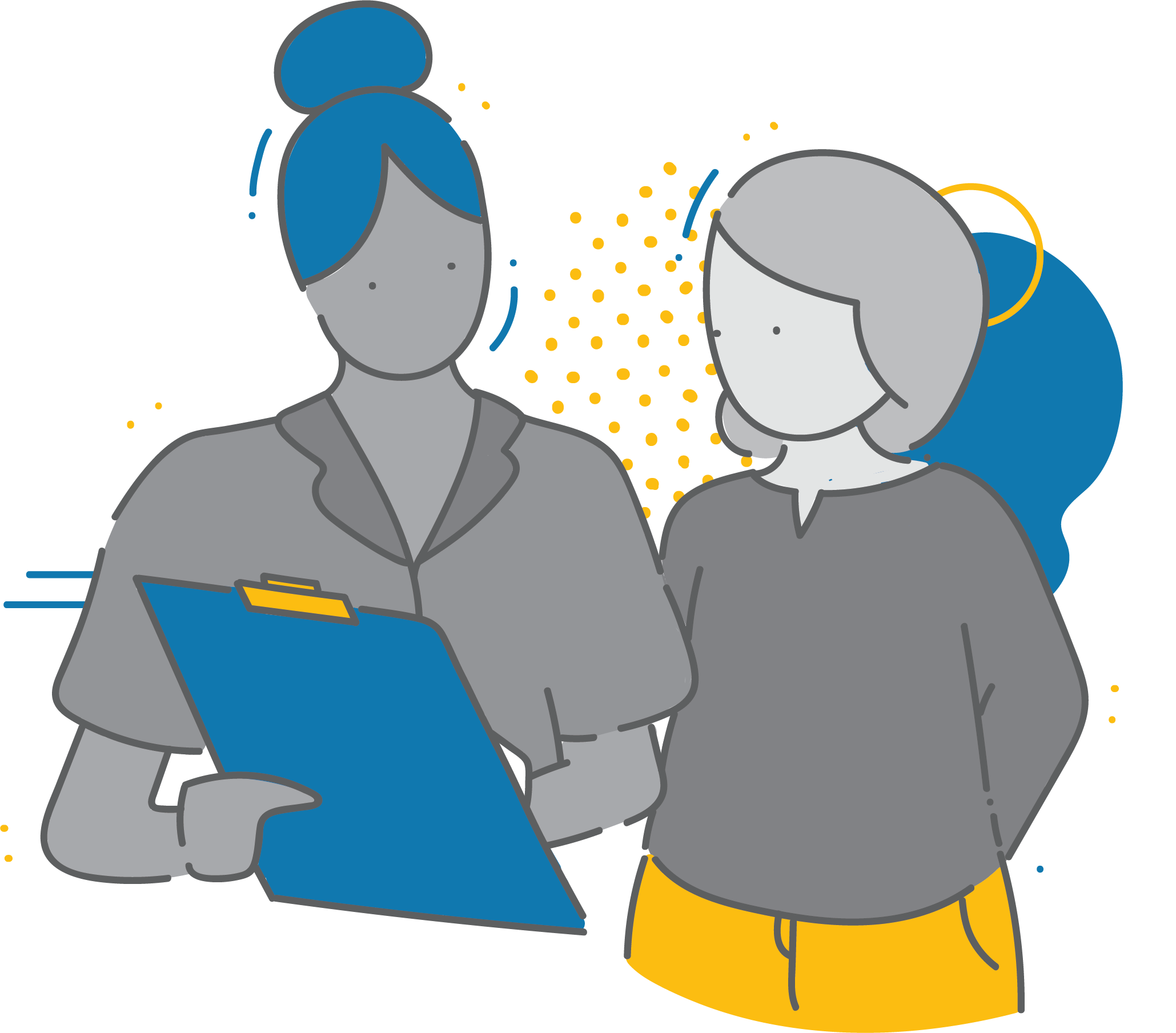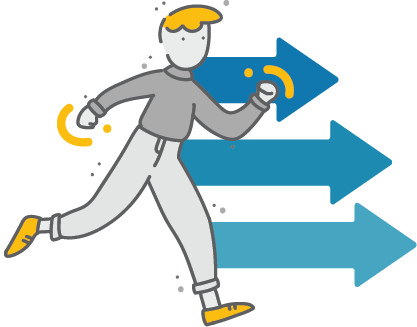Symptom Areas
Cognitive Function (Thinking Skills)
Updated Jul 31, 2019
Swipe right to go to the next slide
Cognitive functions are thinking skills like concentration, memory, mental speed, planning, and problem-solving. Cognitive changes are common after a concussion due to temporary changes in brain function. For most people, these symptoms get better in a few days or weeks.
Cognitive symptoms can be greater or last longer if you also have a condition like ADHD, a learning disability, sleep problems, pain, or mental health issues.

Many factors affect cognition after concussion. Research shows these factors can impact cognitive function even more than the concussion itself! By managing them, cognitive function generally improves. Since many of these factors are connected, a positive change in one area can have an effect in other areas, resulting in a big impact on cognitive function.
In the diagram to the right, click on each factor to see how it impacts cognitive function.
Ottawa Hospital created this short and helpful video about managing cognitive changes after concussion. Here are some general strategies
Here are some more tips for managing cognitive difficulties:
Talk to your family doctor if your cognitive function is not improving. They can discuss symptom management with you or make a referral if needed. Some people benefit from working with a Psychologist, Occupational Therapist, or Speech Language Pathologist (SLP) to learn strategies for managing cognitive symptoms.

Some people are referred for neuropsychological assessment, conducted by a Psychologist specialized in brain function and behaviour. They measure thinking skills in-depth and ask about factors that may affect thinking. The result is information about cognitive strengths and weaknesses, and recommendations for treatment and return-to-work or school.
If cognitive function is something that you want to take action on, here are some ideas:

Click the button above to toggle between light mode and dark mode. This toggle can also be found in the menu.
Hold
and tap
to zoom in.
Hold
and tap
to zoom out.
Hold
and tap
to zoom in.
Hold
and tap
to zoom out.
On most mobile devices, you can spread to zoom.
Increase your text size in your device settings.
Remember to take regular breaks while exploring MyGuide: Concussion.
Vancouver Coastal Health’s MyGuide Concussion Team would love to hear your feedback! It matters to us and helps to improve the experience for future users. Your responses will be kept anonymous and your privacy is a top priority. To complete a 15-20 minute online survey or request a telephone survey, please click the link below.